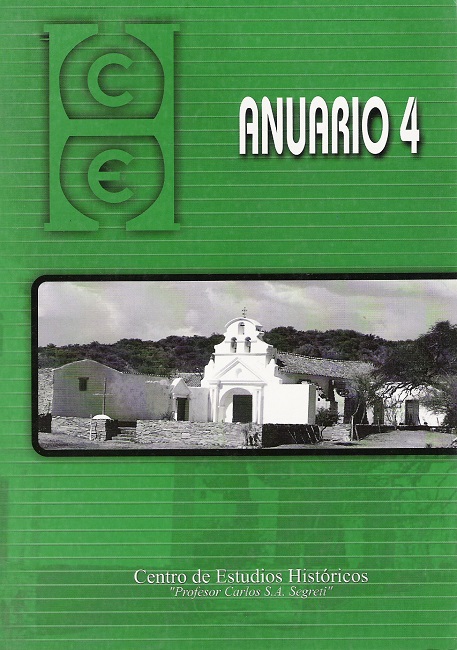Rivalries and Solidarity in the Porto-Alegre Workers' Movement (1906-1911)
DOI:
https://doi.org/10.52885/2683-9164.v.n4.23276Abstract
The present paper tries to show some aspects from the formation of the workers movement in the city of Porto Alegre in the early 20th century The main questions in this study concern the movement known as the "21 days of strike", that took place in October, 1906, being the Federação Operária do Rio Grande do Sul (FORGS) born during it, which has brought together many trade unions, becoming the main working class organization of the city at that time. In this context, this study intends to analyze both the situations where there has been ideological rivalries, between anarchism and socialist leaderships, their disputes for the leadership of the union trades and the characteristics of the militants'daily intimacy, where demonstration of solidarity and friendship and relationship have been revealed as very important kinds of relations in the construction and continuity of the worker's movement itself.
Downloads
References
GERTZ René, “Um jornal anarquista em Porto Alegre: Der freire Arbeiter”, en: Veritas, Porto Alegre, v. 35, n° 140, dezembro.
HOBSBAWM Eric, A Era das Revolucoes: Europa 1789-1848, Río de Janeiro, Paz e Terra, 1994.
PESAVENTO Sandra, A Burguesia Gaucha: dominacao do capital e disciplina do trabalho- RS 1889-1930, Porto Alegre, Mercado Alberto, 1988.
Downloads
How to Cite
Issue
Section
License
Aquellos autores/as que tengan publicaciones con esta revista, aceptan los términos siguientes:
- Los autores/as conservarán sus derechos de autor y garantizarán a la revista el derecho de primera publicación de su obra, el cuál estará simultáneamente sujeto a una Licencia de reconocimiento de Creative Commons. Se puede compartir, copiar, distribuir, ejecutar y comunicar públicamente la obra, siempre que: a) se cite la autoría y la fuente original de su publicación (revista, editorial y URL de la obra); b) no se use para fines comerciales; c) no se altere, transforme o genere una obra derivada a partir de esta obra.
- Los autores/as podrán adoptar otros acuerdos de licencia no exclusiva de distribución de la versión de la obra publicada (p. ej.: depositarla en un archivo telemático institucional o publicarla en un volumen monográfico) siempre que se indique la publicación inicial en esta revista.
- Se permite y recomienda a los autores/as difundir su obra a través de Internet (p. ej.: en archivos telemáticos institucionales o en su página web) después del proceso de publicación, lo cual puede producir intercambios interesantes y aumentar las citas de la obra publicada. (Véase El efecto del acceso abierto).


